An outbreak of equine influenza has resulted in an unprecedented nationwide ban on the movement of horses in Australia.
 “Australia has never before had an exotic disease outbreak in horses, and our highest priority is to contain the disease,” said Peter McGauran (pictured), the Australian Commonwealth’s Minister of Agriculture, in a press release dated August 25.
“Australia has never before had an exotic disease outbreak in horses, and our highest priority is to contain the disease,” said Peter McGauran (pictured), the Australian Commonwealth’s Minister of Agriculture, in a press release dated August 25.
The highly contagious disease was first detected in a stallion that had recently returned from breeding season in Japan. Japanese racing has just restarted after a three-week shutdown following an outbreak of equine influenza. It was the first time in 35 years that the Japan Racing Association (JRA) had canceled races due to the virus. The last time was in the fall of 1971, when racing was suspended for a nine-week period that continued into the next year.
The current cancellation of Australian equine events marks the first time since World War II that the country has experienced a racing blackout, and it is feared that a lengthy ban could be disastrous for the Australian thoroughbred breeding season, which begins on September 1. The horse industry contributes $6.3 billion annually to the Australian economy, according to Australian Government Rural Industries Research Development Corporation.
Besides racing, the Victorian Cutting Horse Futurity has been canceled
All properties with infected horses are being placed in quarantine until at least 30 days after the last signs are of the disease. Anyone disregarding the ban faces a fine of up to $45,000 and a 12-month jail sentence. At least 47 horses had tested positive for equine influenza in New South Wales and the numbers are expected to increase as horses continue to be tested across the continent.
According to McGauran, it is likely that the world famous Melbourne Cup may be postponed. “It is better to have a deferred Cup than no Cup at all,” he said.
It is estimated that close to $300 million in wagering handles will be lost this week alone, if racing does not resume.
